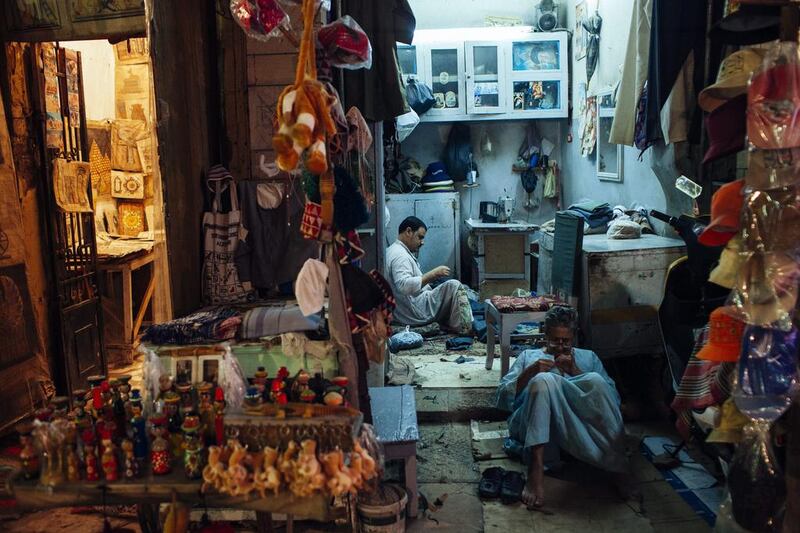In the spring of 1992, Deng Xiaoping made his famous Southern Tour, which revitalised economic reform in China. With the concurrent opening of markets in the former Soviet sphere of influence, this modern wave of globalisation offered rich rewards to those ready to ride it.
Our region was not.
The long coastline of the Middle East and North Africa (Mena) faces fast-growing Asia to the east and wealthy Europe to the north. It commands vital sea routes – the Hormuz, Gibraltar, Suez and the Bosphorus – and the easiest lines from Central Asia and the Caspian to the ocean. Its young, fast-growing population should be a demographic asset.
Oil and gas prices, in the doldrums during the 1990s, soared to record heights from 2003 onwards as China’s energy demand took off. Recycling of petrodollars provided abundant capital.
Yet with a few exceptions, the wave of globalisation has broken on Mena’s stony ground. As another spring approaches, there is still little sign of real vision for tackling the region’s economic problems, little sign of a pragmatic and cunning reformer in the Deng mould.
Algeria used the oil windfall to maintain an ossified gerontocracy and keep its economy limping along. Iran under its former president, Mahmoud Ahmadinejad, squandered it on populist giveaways and a confrontational foreign policy. Libya struggled under international sanctions and Muammar Qaddafi’s bizarre experiments. Sudan fought a bloody civil war and ultimately split up. And the unfortunate Iraqis endured the long misery of embargo, dictatorship, invasion and insurgency.
High energy prices faced the oil-poor Mena states with the painful necessity of reform. In Egypt, Tunisia and Syria, liberalisation and privatisation led to reasonable rates of economic growth. But they enriched a coterie of regime insiders and widened inequality.
The periphery, such as Tunisia’s phosphate mining interior, or the drought-stricken Syrian countryside, went neglected. Wasteful energy and food subsidies kept much of the population at a level of bare sustenance while draining funds badly needed for infrastructure, education and health.
Reforms that showered liberality mostly on the cronies of Hosni Mubarak, Zine El Abidine Ben Ali and Bashar Al Assad have made neoliberalism politically radioactive. As a result, the various postrevolutionary Egyptian governments have dithered over ending unaffordable subsidies and Hamdeen Sabahi’s dead-end Nasserist socialism remains popular.
Whatever political system the countries in transition settle on, the lack of economic growth and broad-based development makes politics a poisonous zero-sum struggle. Iraq, Yemen and Egypt illustrate this clearly in their different ways.
The GCC states did best at surfing the wave of globalisation. By luck and foresight, Qatar was placed to capitalise on booming demand for its liquefied natural gas from both east and west. Dubai transformed from a regional to a global business hub. Given limited resources, Oman developed the region’s most innovative oil and gas industry.
But even the GCC is facing growing fiscal headwinds, with rising spending meeting flat oil exports, likely falling prices and growing domestic energy demand. The model of Saudi Arabia in particular, where the state sponsors gigantic energy-intensive industries and absorbs citizens in a well-paid public sector, is running out of steam.
But elements of a successful Mena economic vision can be found and tailored to each country’s situation. The UAE offers a relatively open economy, efficient government and excellent infrastructure. Norway, Chile and Malaysia exemplify good natural resource wealth management. Brazil is tackling poverty and inequality. East Asia continues to inspire in export-led manufacturing. The United States leads in technology and entrepreneurship, not least in shale and solar energy. And the region needs to find its own path on energy subsidies and cleaning up its poor environmental record.
The external environment for the rest of the decade appears less favourable, not to mention the region’s continuing political turmoil. This is reason to redouble, not relent, on reform.
Robin Mills is the head of consulting at Manaar Energy and the author of The Myth of the Oil Crisis





